Word clouds, also known as tag clouds, are visual representations of text that showcase the most frequent words in a document. But what if you want to go beyond single words and create clouds that group related phrases together? Let’s explore some free tools that can help you create sophisticated phrase clouds for your projects.
Table of Contents
What Are Phrase Clouds?
Unlike traditional word clouds that display individual words, phrase clouds can group related terms and show how they connect. For example, instead of showing “artificial” and “intelligence” as separate words, a phrase cloud might display “artificial intelligence” as a single unit, making the visualization more meaningful.
Top Free Phrase Cloud Generators
1. WordClouds.com
Key Features:
- Supports multi-word phrases
- Custom color schemes
- Multiple shape options
- Export in various formats
WordClouds.com stands out for its user-friendly interface and ability to recognize common phrases automatically. You can paste your text directly into the editor, and it will identify frequent word combinations. The tool also lets you manually join words to create custom phrases.
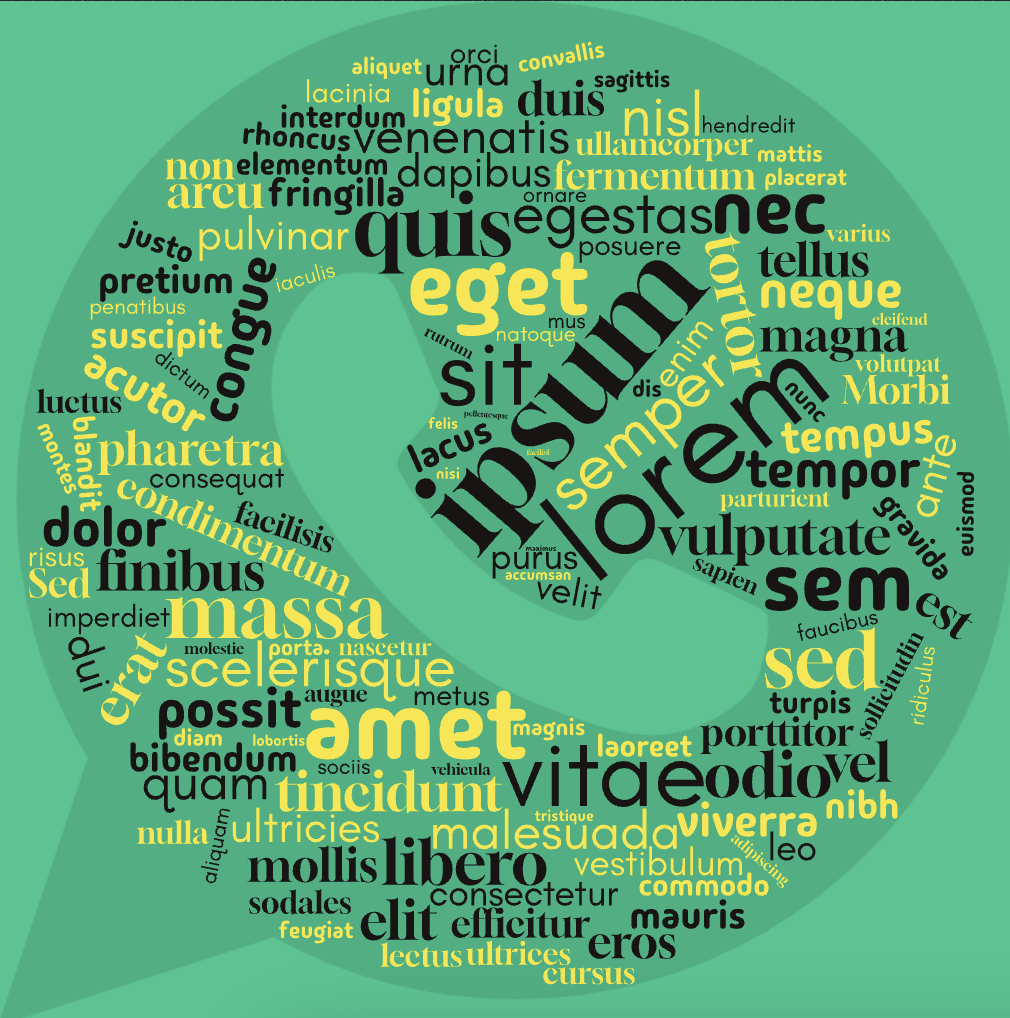
2. AhaSlides Word Cloud Generator
Key Features:
- Smart phrase detection
- Clean, modern design
- Real-time preview
- One-click sharing
AhaSlides’ phrase cloud maker displays the word cloud input by the audience in real time. It can also group phrases that have the same meaning together, making it easy for the host to analyze the word cloud in events where many people participate.
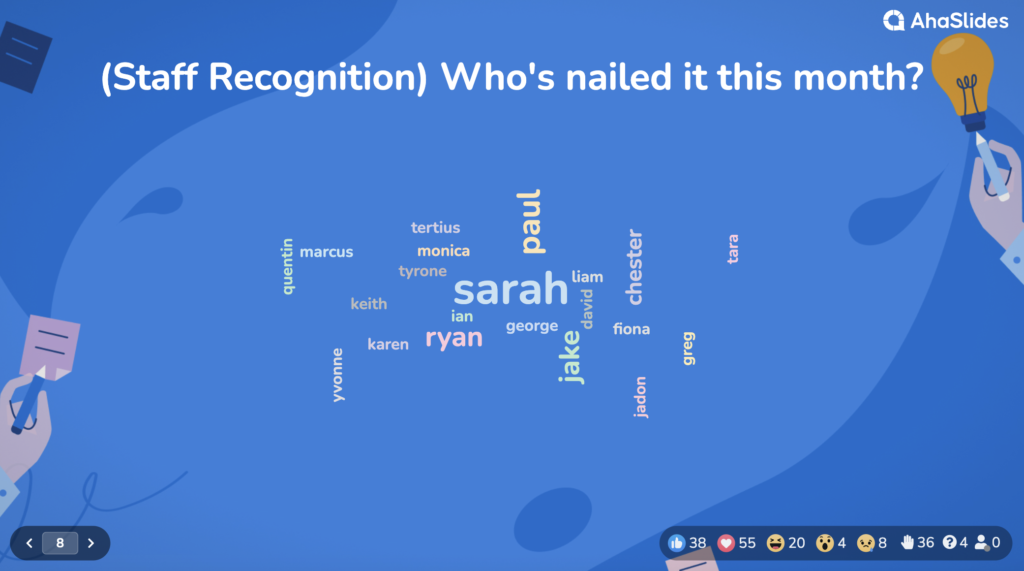
3. Word Art
Key Features:
- Advanced phrase grouping
- Custom fonts
- Interactive results
- High-resolution exports
Word Art excels at creating visually striking clouds with grouped phrases. Its strength lies in its ability to maintain phrase relationships while creating aesthetically pleasing designs, but I personally would place it in 3rd place because of how hard it was to insert text. You will have to press ‘enter’ each time you want to put a new phrase in.
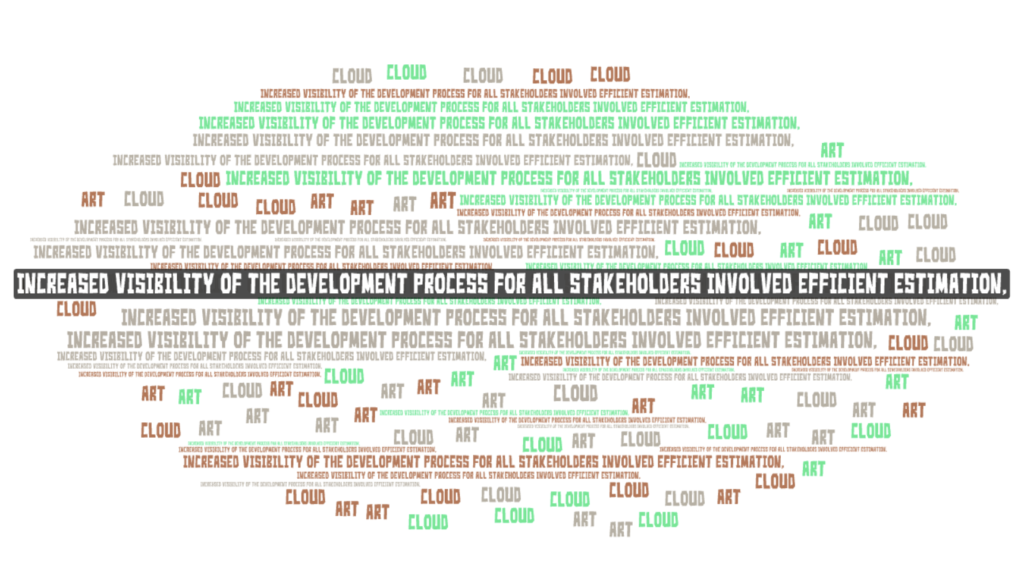
4. Python’s WordCloud Library
Key Features:
- Fully customizable
- Programmable rules for grouping
- Integration with data analysis
- Free and open-source
For those comfortable with coding, Python‘s WordCloud library offers the most flexibility. You can write custom rules for phrase detection and create stunning visualizations programmatically.
from wordcloud import WordCloud
# Example code to create a basic word cloud
text = "Your text here..."
wordcloud = WordCloud(collocations=True, # Enable phrase detection
max_words=100,
background_color='white').generate(text)Tips for Creating Effective Phrase Clouds
- Clean Your Text First
- Remove unnecessary punctuation
- Standardize capitalization
- Delete irrelevant words or phrases
- Group Related Terms
- Identify common phrases in your field
- Keep important multi-word concepts together
- Maintain consistency in grouping
- Choose the Right Colors
- Use contrasting colors for better readability
- Consider color psychology
- Maintain brand consistency if needed
- Size Appropriately
- Make important phrases larger
- Ensure smallest text is still readable
- Balance the visual weight
Common Use Cases
- Content Analysis: Quickly visualize the main topics in articles or documents
- Social Media Monitoring: Track trending phrases and hashtags
- Research Synthesis: Summarize key findings from multiple papers
- Brand Monitoring: Track how people discuss your products or services
- Education: Create engaging visual summaries of learning materials
Limitations to Consider
While phrase clouds are powerful visualization tools, they do have some limitations:
- May miss context or sentiment
- Can be misleading if not properly configured
- Might overemphasize common but unimportant phrases
- Some tools have restrictions on free versions
Getting Started
Choose a tool based on your needs:
- For quick, simple clouds: Try WordClouds.com
- For live results with participants: Use AhaSlides
- For artistic designs: Go with Word Art
- For custom solutions: Use Python’s WordCloud
Remember to experiment with different settings and approaches to find what works best for your specific use case.

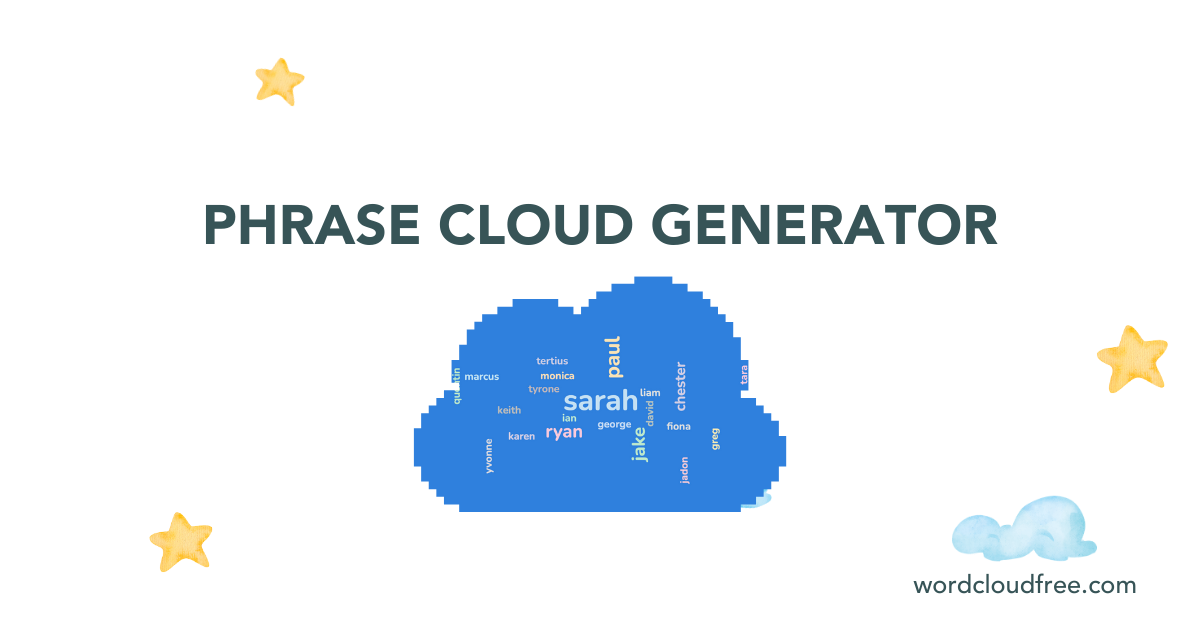
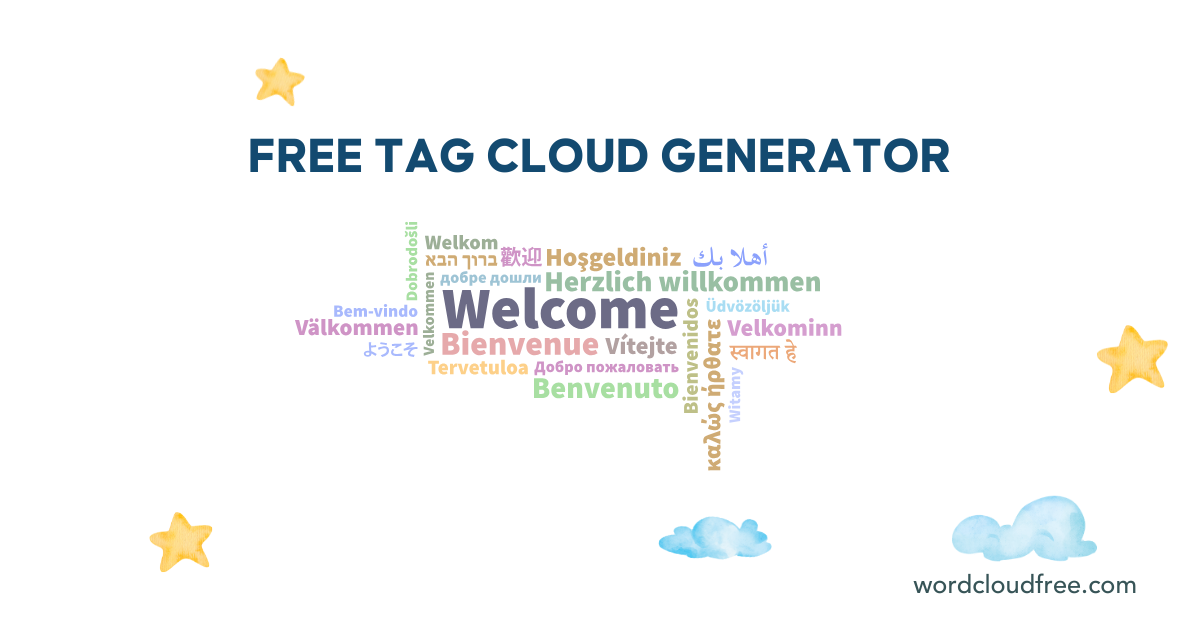
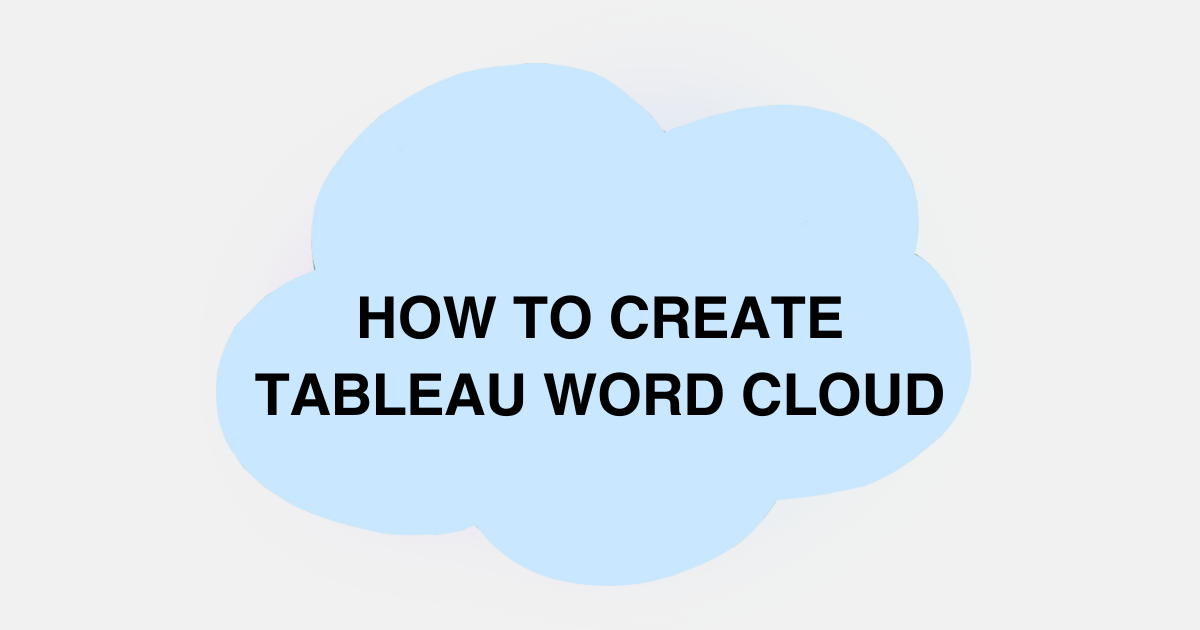
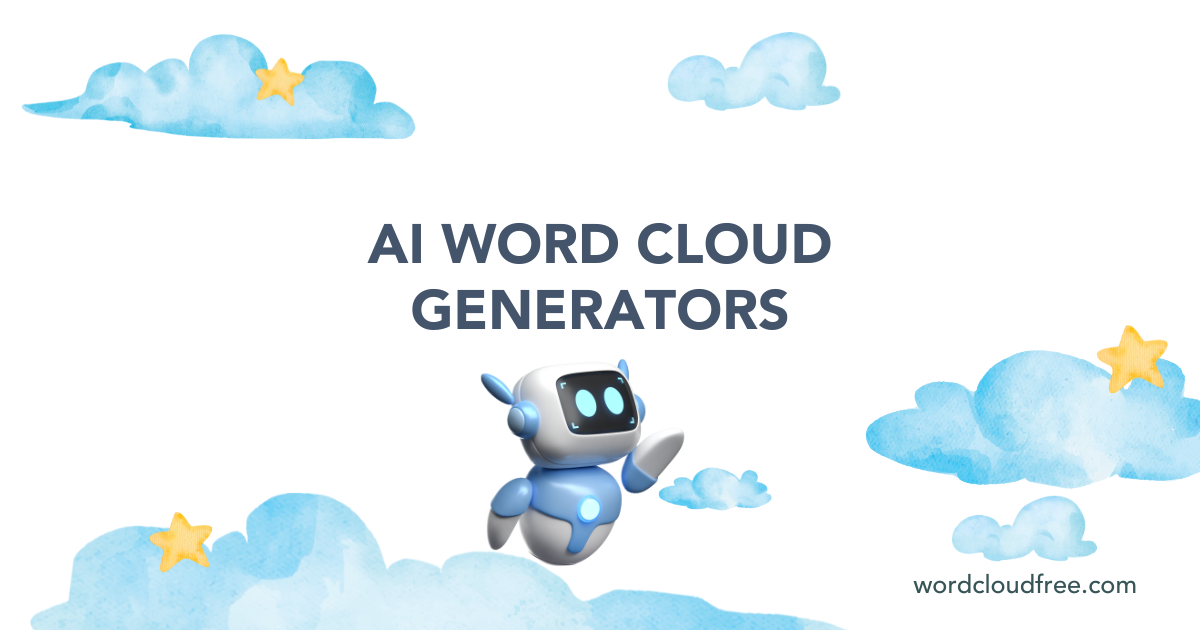

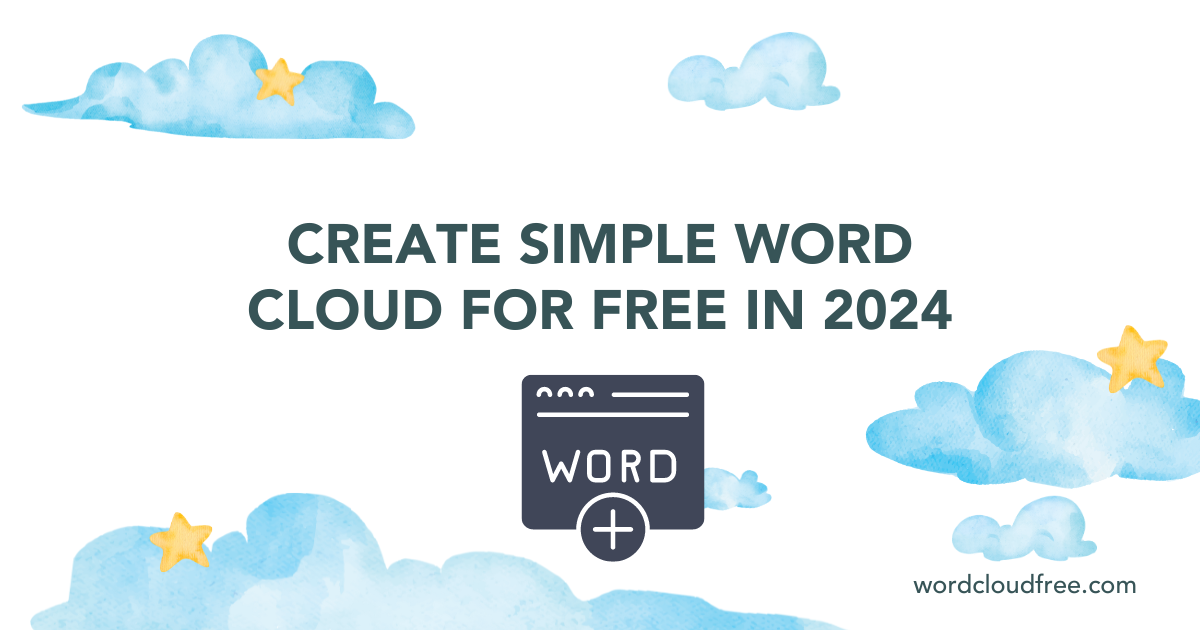
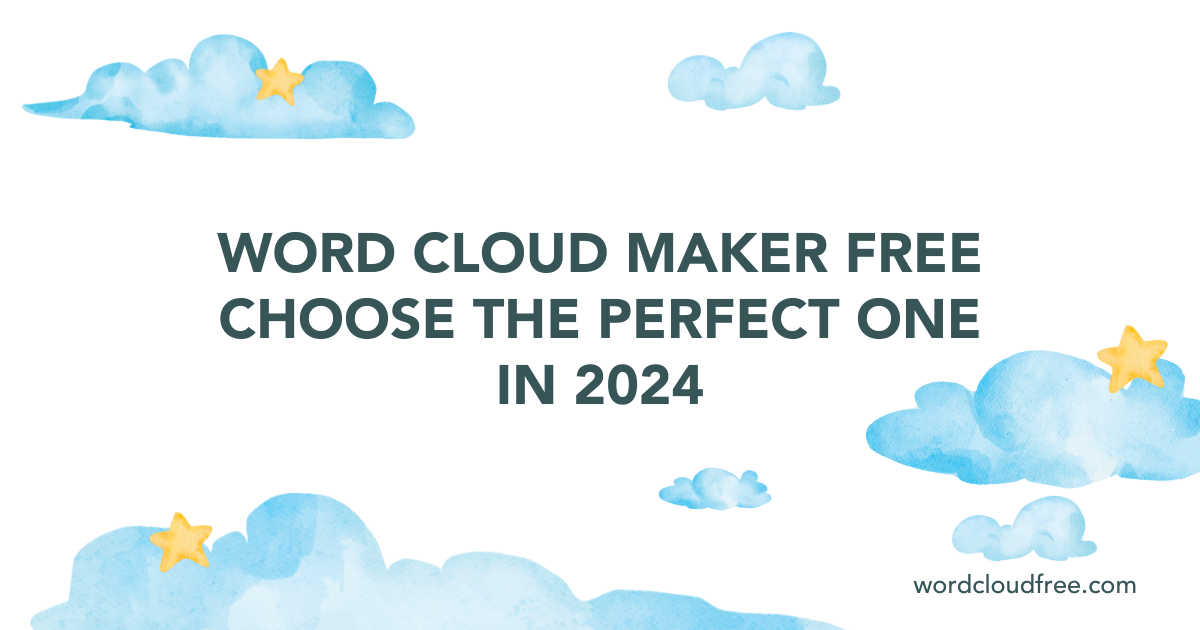

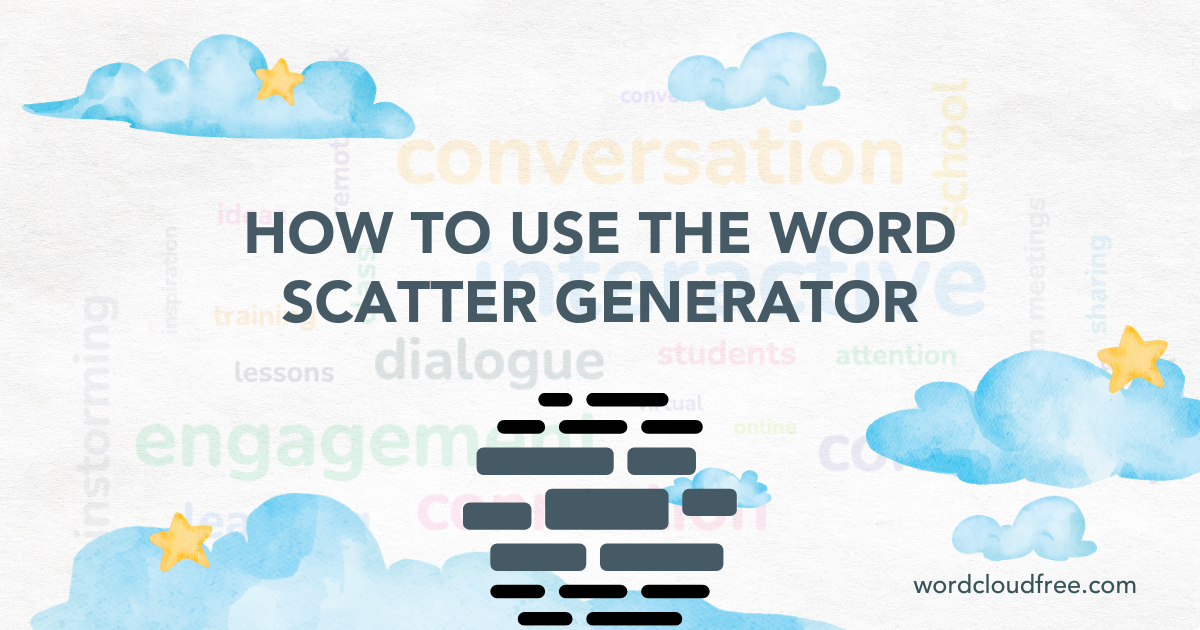
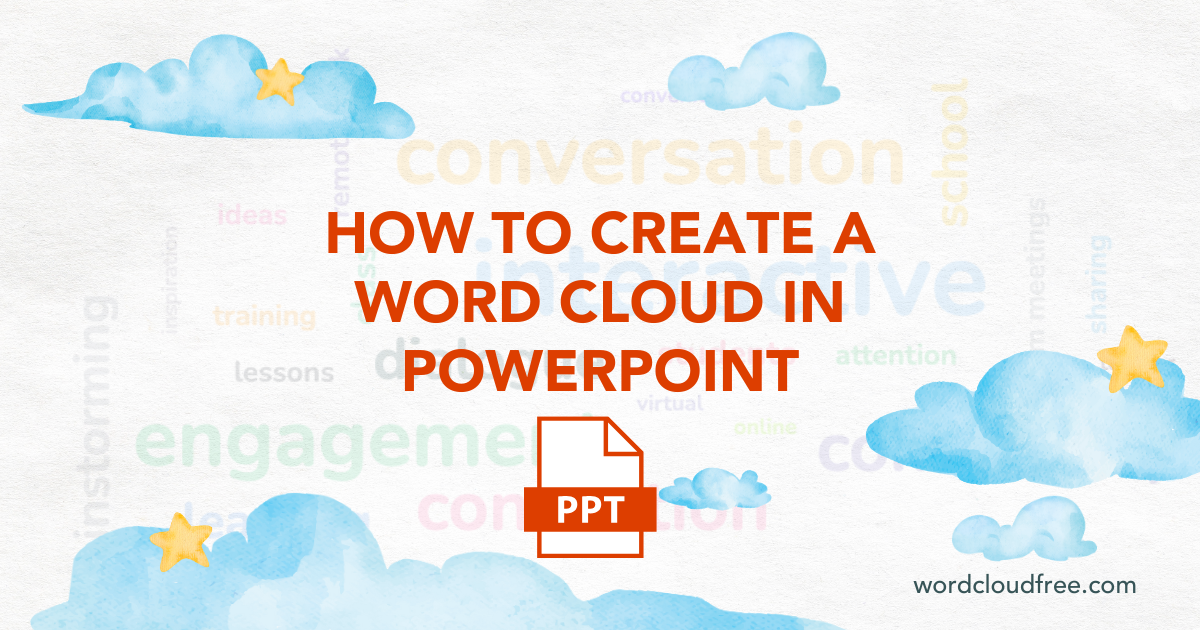
Leave a Reply